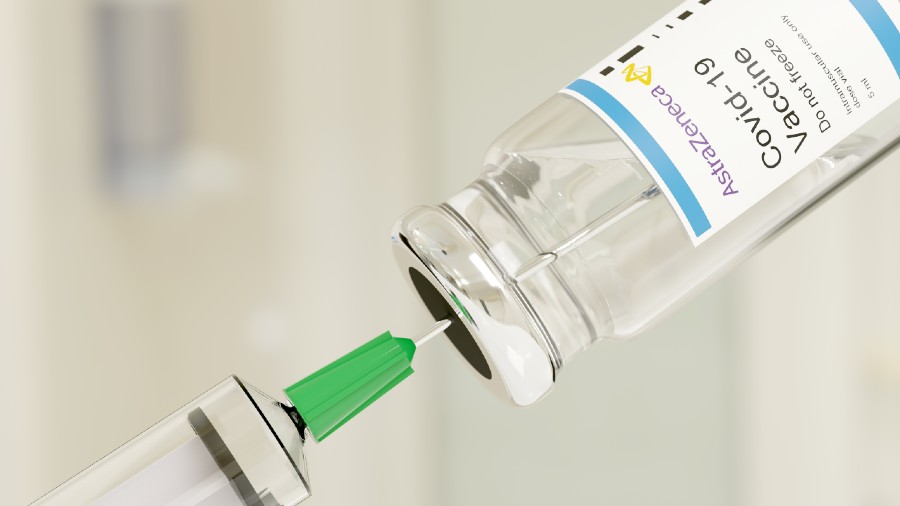Federal health officials said early on Tuesday that results from a US trial of AstraZeneca’s Covid-19 vaccine may have relied on “outdated information” that “may have provided an incomplete view of the efficacy data”, casting doubt on an announcement on Monday that had been seen as good news for the British-Swedish company as well as the global vaccination drive.
In a highly unusual statement released after midnight, the National Institute of Allergy and Infectious Diseases said that the data and safety monitoring board, an independent panel of medical experts under the National Institutes of Health that has been helping to oversee AstraZeneca’s US trial, had notified government agencies and AstraZeneca late on Monday that it was “concerned” by information the company had released that morning.
The institute urged AstraZeneca to work with the monitoring board “to review the efficacy data and ensure the most accurate, up-to-date efficacy data be made public as quickly as possible”.
In a news release on Monday announcing the results of the US trial, the company said that the vaccine it developed with the University of Oxford was 79 per cent effective against Covid-19, higher than observed in previous trials, and completely prevented the worst outcomes from the disease.
In recent days, the monitoring board’s analysis was delayed several times because the board had to ask for revised reports from those handling trial data on behalf of the company, according to a person familiar with the matter who was not authorised to discuss it publicly.
Companies sponsoring drug or vaccine trials typically wait for the monitoring board to run analyses and conclude that the study has yielded an answer before they announce trial results. During the trial, an unblinded statistical analysis group that is walled off from the company acts as an intermediary to handle data requests.
Company executives are blinded to the results of the study until the monitoring board reports their study data back to them. The board conveyed the results of the study to AstraZeneca in a meeting over the weekend, leading to the company’s announcement on Monday.











